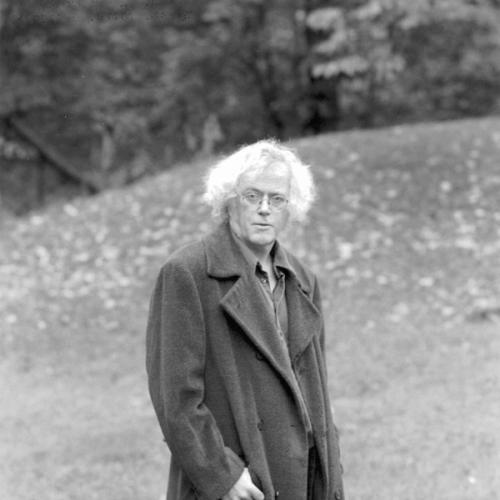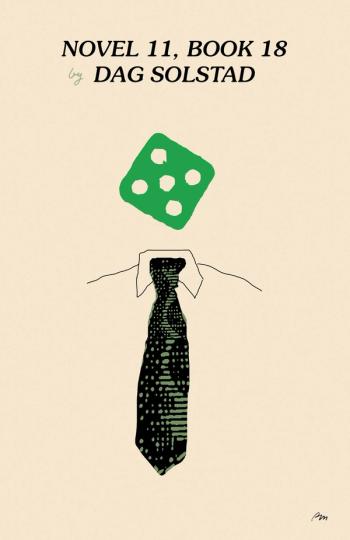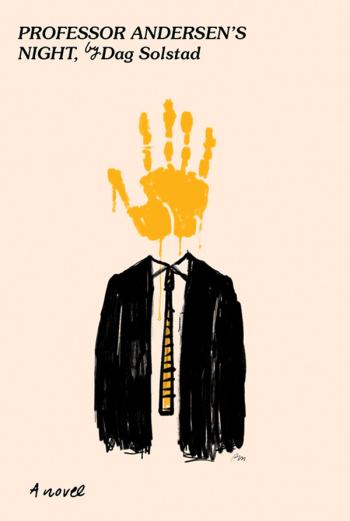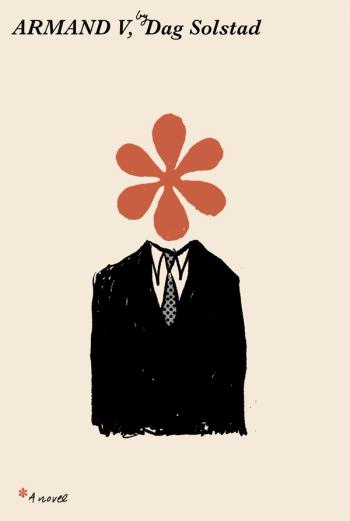Bjørn Hansen, a respectable town treasurer, has just turned fifty and is horrified by the thought that chance has ruled his life. Eighteen years ago he left his wife and their two-year-old son for his mistress, who persuaded him to start afresh in a small, provincial town and to devote himself to an amateur theater. In time that relationship also faded, and after four years of living alone Bjørn contemplates an extraordinary course of action that will change his life forever.
He finds a fellow conspirator in Dr. Schiøtz, who has a secret of his own and offers to help Bjørn carry his preposterous plan through to its logical conclusion. But the sudden reappearance of his son both fills Bjørn with new hope and complicates matters. The desire to gamble with his comfortable existence proves irresistible, however, taking him to Vilnius in Lithuania, where very soon he cannot tell whether he’s tangled up in a game or reality.
Dag Solstad won the Norwegian Critics Prize for Literature for Novel 11, Book 18, a concentrated uncompromising existential novel that puts on full display the author’s remarkable gifts and wit.




